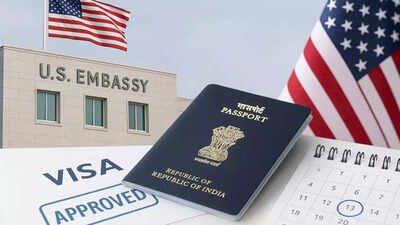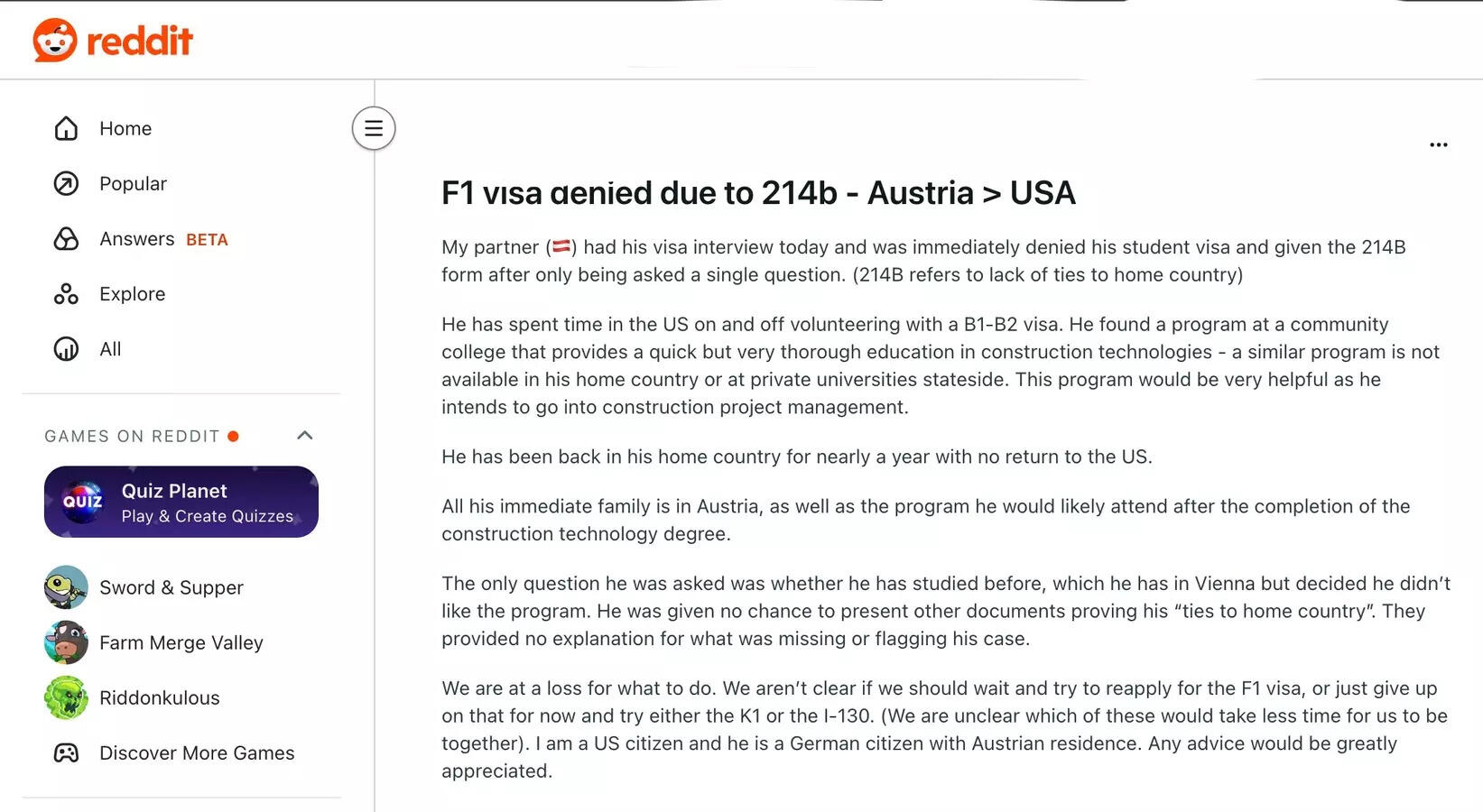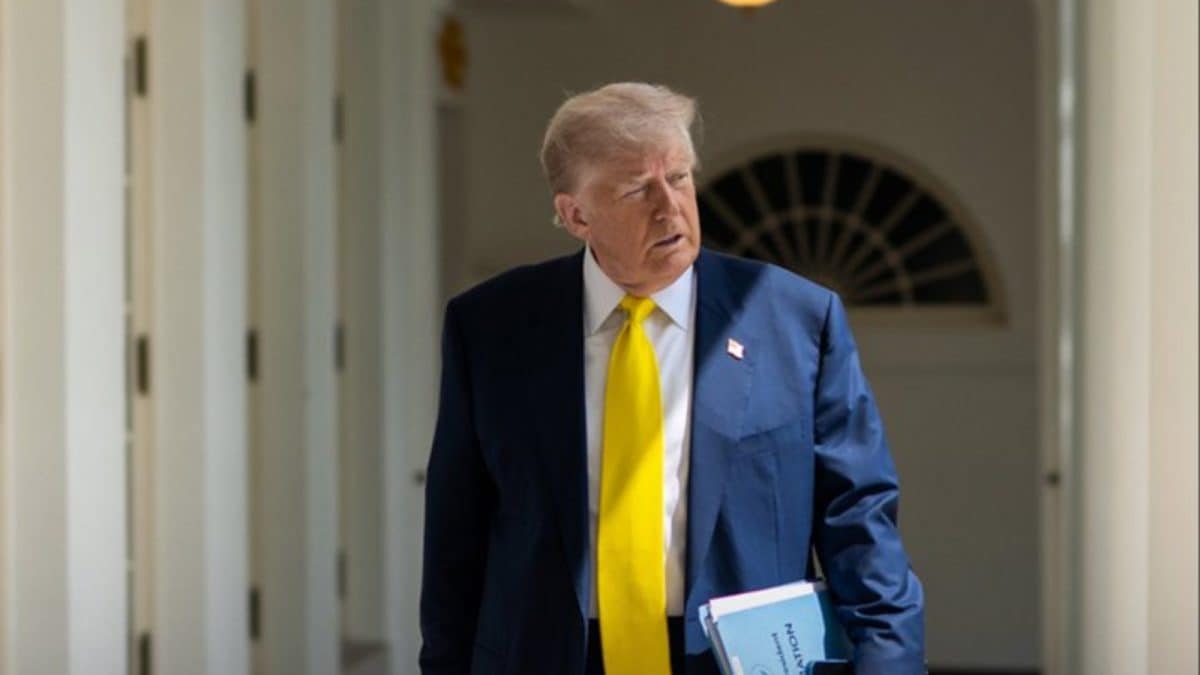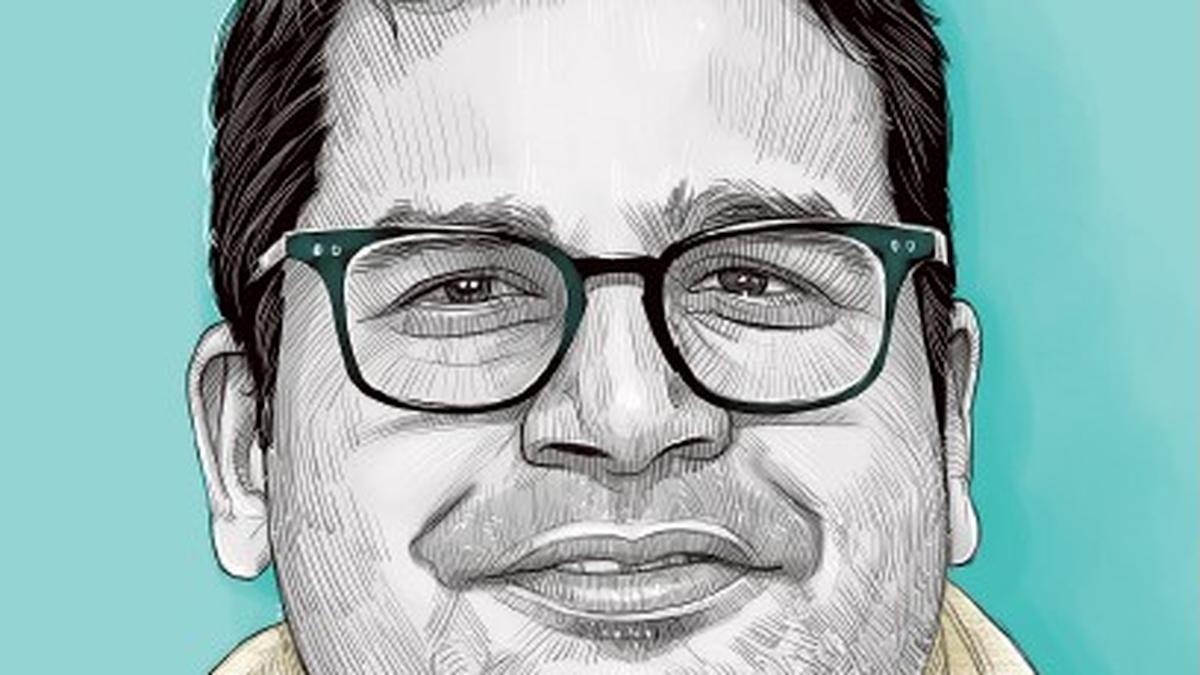ARTICLE AD BOX

An Austrian applicant recently attended his visa interview for an F-1 student visa at a US consulate. He had secured admission to a community college programme in construction technologies, one not available in his home country, and planned to return to Austria upon completion of his studies.
He had spent time in the US earlier on a B-1/B-2 visa, and all his immediate family lives in Austria. Yet, after being asked just one question, whether he had studied before, he was refused under section 214(b) of the Immigration and Nationality Act (INA). The consular officer offered no further explanation and no opportunity to present additional documents.

That refusal is far from unusual. The law behind it remains opaque to many.
What is Section 214(b)?
Section 214(b) of the Immigration and Nationality Act states that non-immigrant visa applicants are presumed to have immigrant intent unless they can prove otherwise to the satisfaction of the consular officer. For the F-1 visa, this means an applicant must show:
- They meet the academic and financial requirements of their chosen programme.
- They will leave the United States at the end of their authorised stay.
A denial under 214(b) therefore is a determination by the officer that either of these conditions was not met, commonly that the applicant lacked strong ties to the home country or did not sufficiently show intent to return.
Importantly, while the refusal closes that application, it is not permanent. You may reapply, though you must demonstrate changed or stronger circumstances.
Why students face 214(b) refusals
Students often encounter 214(b) refusals when the consular officer is unconvinced of their temporary intent. Key factors include:
- Weak economic or familial ties to the home country (for example, no job offer, no property, or no immediate return path.
- Programme choice that appears low value or unlikely to be used in the home country.
- A short interview or limited chance to explain. Some applicants report being asked only one or two questions.
- Previous long stays or multiple visits to the US under non-student visas which may raise an officer’s doubts.
In the case of the Austrian applicant, although his programme was relevant to Austria and his family resided there, his single-question interview and inability to present additional evidence left the officer unpersuaded.
What students should do: Preparing and possibly re-applying
Here are practical steps that students can take to reduce the risk of a 214(b) refusal:
- Strengthen your home country ties: Show compelling evidence of your intent to return: a job offer, family responsibilities, property ownership, or a career pathway in your country after studies. Document these clearly.
- Clarify your study programme and post-study plan: Be ready to explain why you chose this specific programme, how it fits your previous education or experience, and how you intend to use it in your home country. A vague or weak motive invites doubt.
- Prepare for the interview: Practice concise, confident answers. Have all documentation ready: your I-20 form (for F-1), financial support statements, academic records, and proof of ties. Dress smartly and maintain composure.
- If you have been refused, wait for a clear change: Since the refusal remains on record, reapplying without new, stronger evidence is risky. Consider whether your circumstances have meaningfully changed, such as a new job, higher income, or stronger familial obligations, before applying again.
- Seek tailored guidance: If your situation is complex (for example, mixed residency, previous visa changes, or an unconventional programme), consult an immigration advisor or competent legal counsel for support.
Understanding what comes next
The law behind the denial may feel impersonal, but for each student it has very personal consequences. For the aspiring scholar, the time invested in choosing a course, securing admission, and preparing the interview can yield nothing if the officer’s judgement is that ties are not strong enough.Understanding section 214(b) is not simply about legal text; it is about preparing a credible narrative of study, purpose, and return. When those elements align, the chance of approval improves. When they do not, a single question at the consulate becomes a barrier between the applicant and the American dream.If you find yourself at this crossroads, the conversation now is about strategy, and how to present a case that meets the law’s demands and honours your intent.

 2 hours ago
3
2 hours ago
3









 English (US) ·
English (US) ·